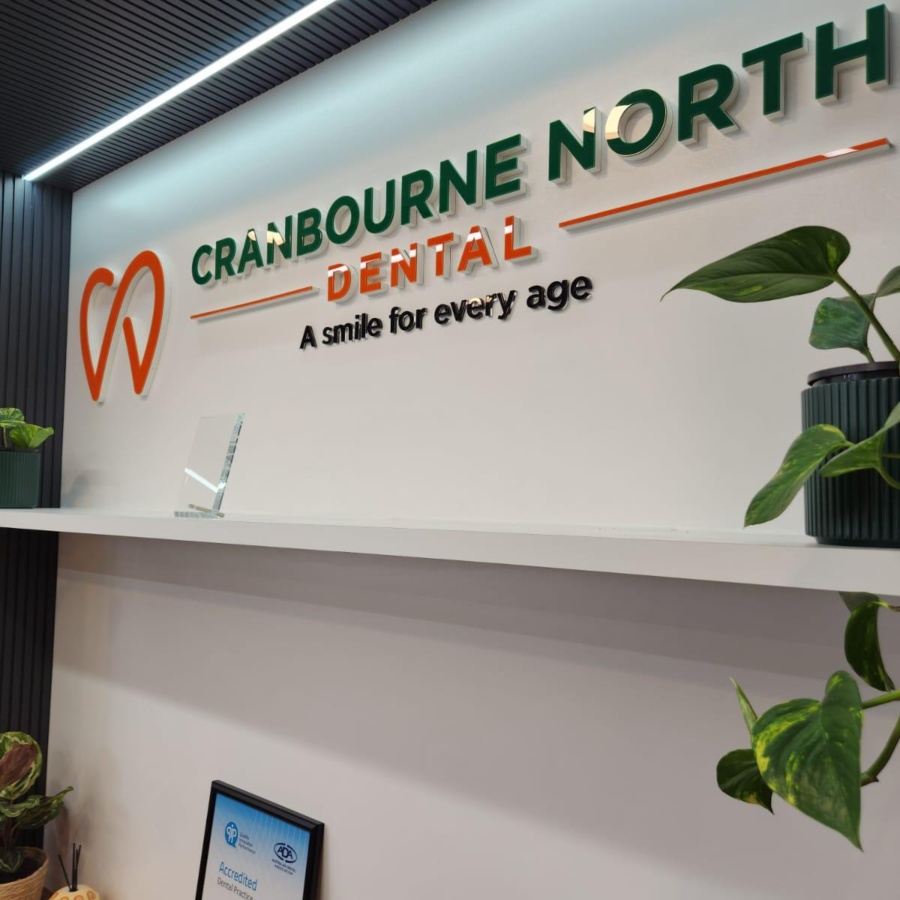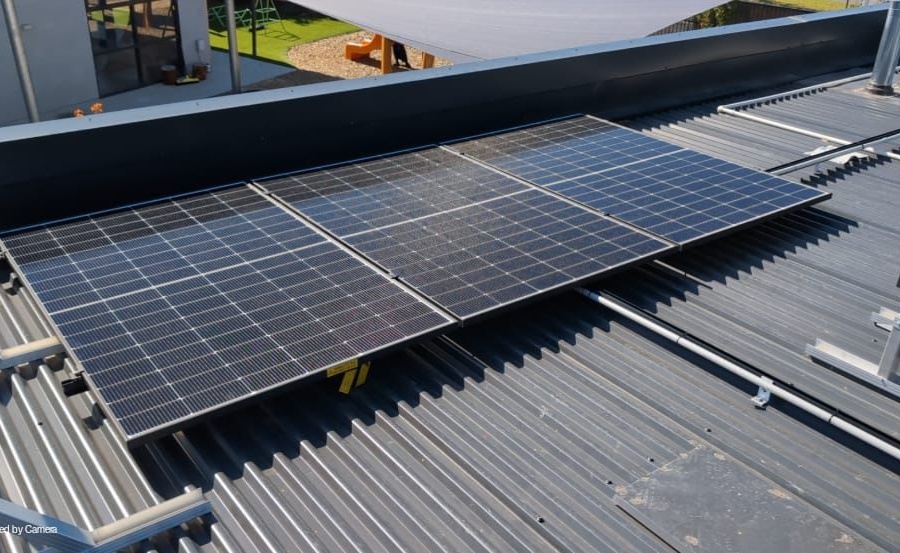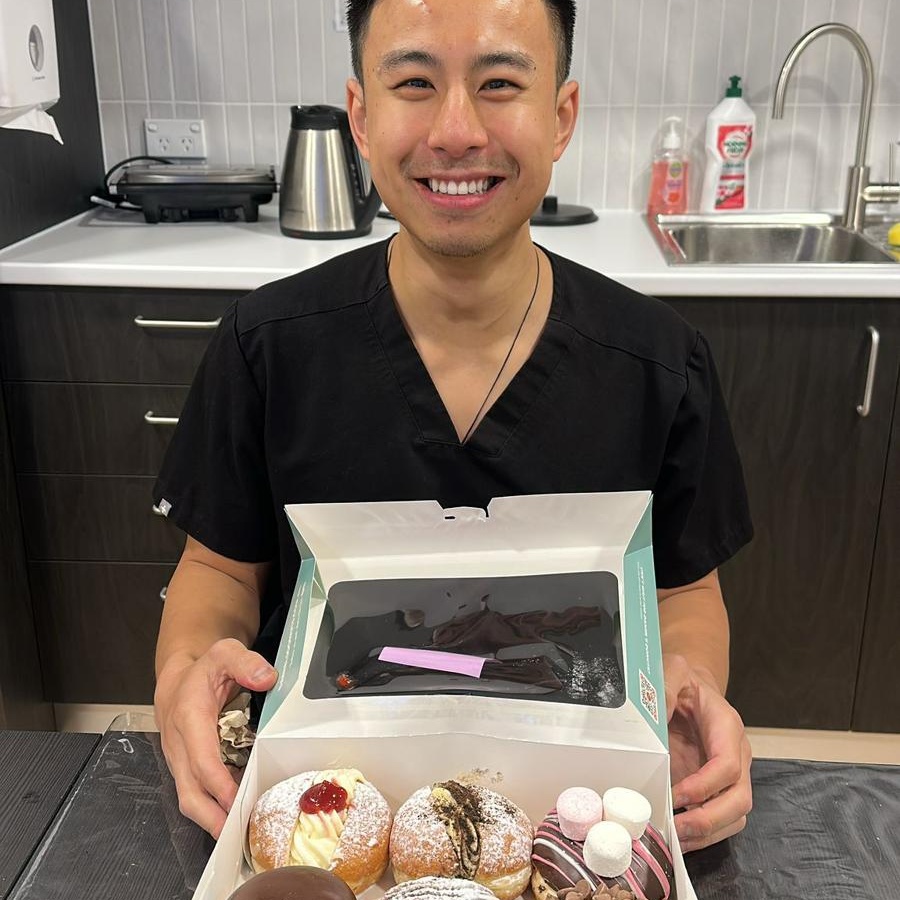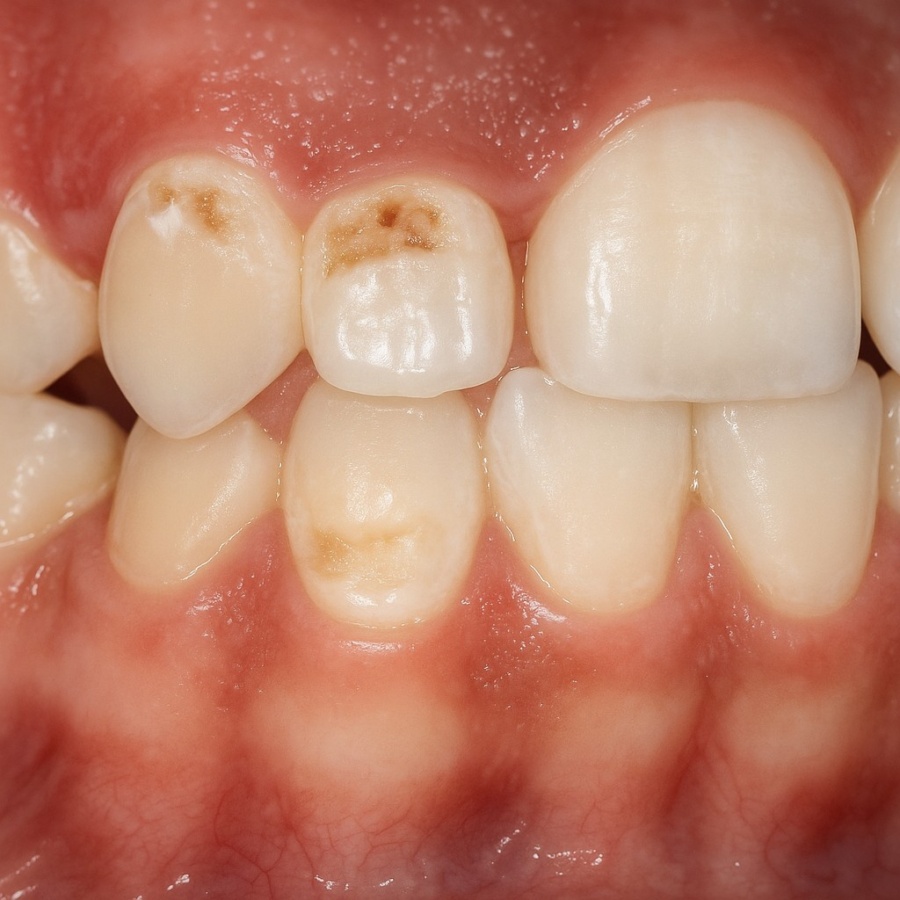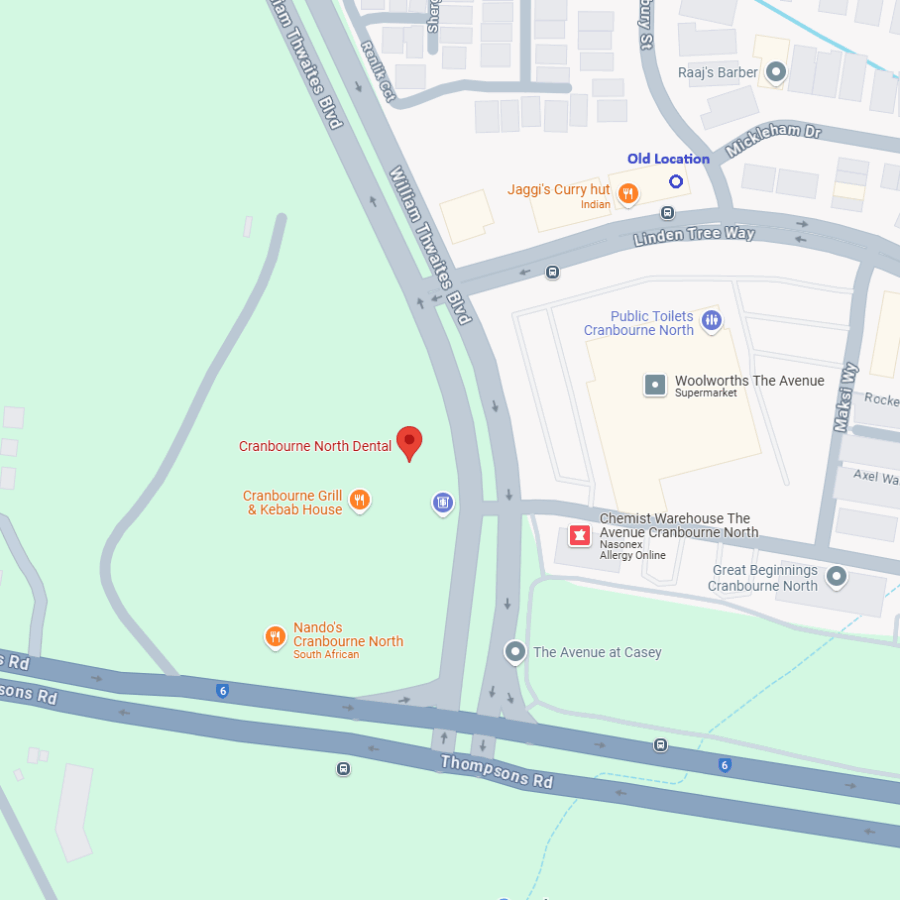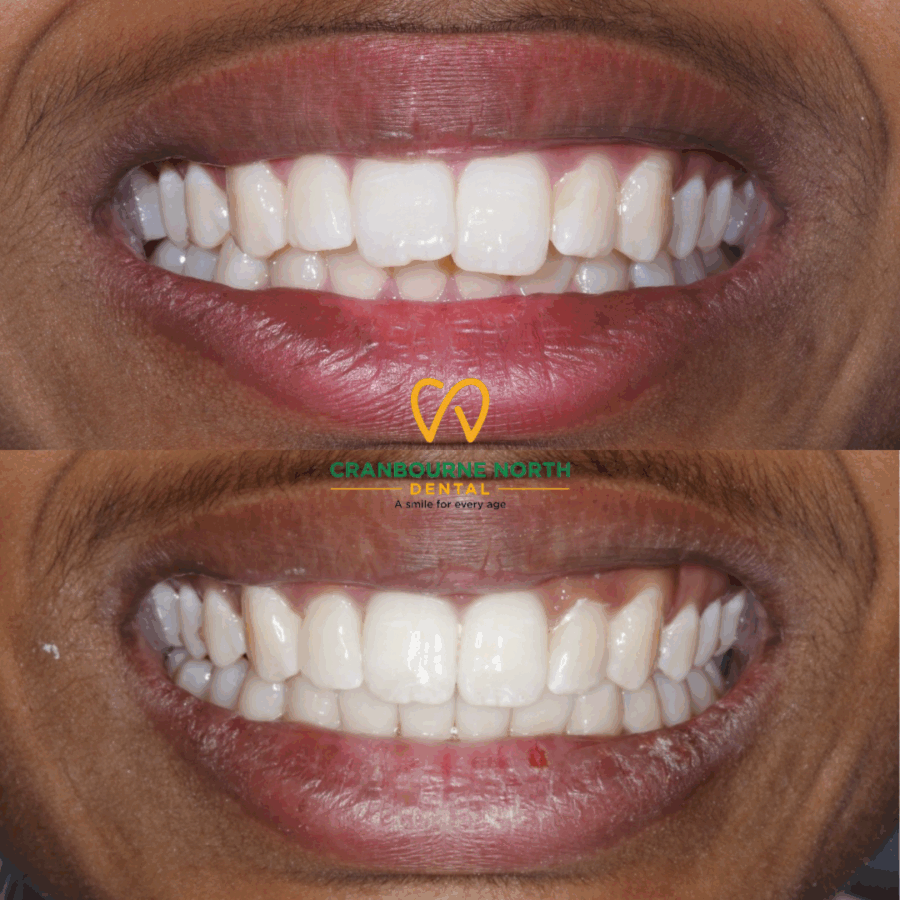Is Snoring normal?
Although snoring is a common problem, it is NOT a normal part of sleep. Snoring indicates that the flow of air through the breathing pipes is being restricted, causing vibrations and noise. Studies have shown that increased vibrations in these areas can increase the risk of plaque formation in the arteries and therefore the chance of stroke and heart attack is also increased. Snoring is also a social issue and many couples actually sleep separately due to the disruptive nature of snoring to others. Untreated snoring will likely continue to worsen with time and may eventually lead to moments in time when breathing completely stops (this is called Sleep Apnoea)
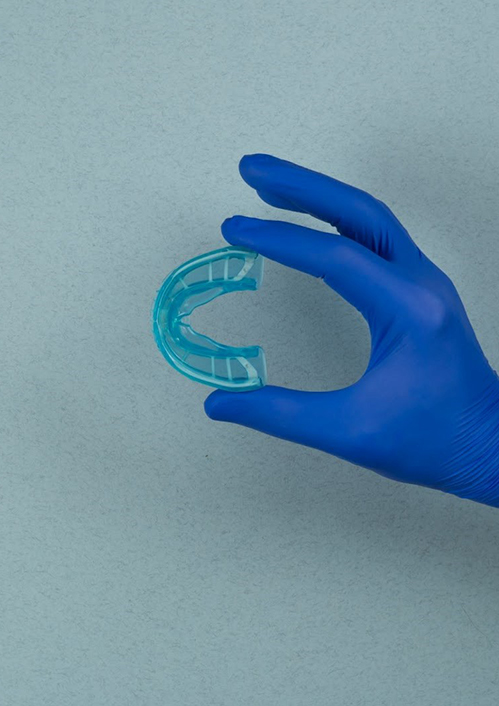
Snoring in Children
Particularly in children, snoring is unacceptable and must be identified and corrected early. Snoring will negatively affect a child’s development, growth and learning. Therefore, early identification, investigation and management is crucial to ensure proper growth and development in children.
Can a Dentist Help With Snoring?
Snoring is linked to several health risks, including heart disease, stroke, high blood pressure, and diabetes. Furthermore, snoring often leads to poor sleep quality, resulting in daytime fatigue, irritability, and concentration problems. Snoring can also strain relationships by disturbing the sleep of others. A dentist can be instrumental in helping to manage and reduce snoring. Dentists regularly assess the mouth and throat, which are critical parts of the airway. During routine dental check-ups, a dentist can identify signs of sleep-disordered breathing.
Signs You May Have a Sleep or Airway Issue
Recognising the signs of a sleep or airway issue is crucial for early intervention. Whilst snoring is a tell-tale sign that there is some blockage of the airways, several other symptoms may also suggest a problem with your airway during sleep:
Snoring or Heavy Breathing
Consistent snoring or heavy breathing during sleep indicates restricted airflow.
Teeth Grinding or Clenching
Grinding your teeth at night can be a sign of an underlying sleep disorder.
Jaw Pain or Muscle Pain
Persistent pain in the jaw, neck, or shoulders, including frequent headaches, could be linked to airway issues.
Worn or Chipped Teeth
Excessive wear on your teeth may result from grinding, often associated with sleep-disordered breathing.
Mouth Breathing
Breathing through the mouth instead of the nose during sleep can signal airway obstruction.
Reflux or Erosion
Acid reflux, especially at night, can be associated with airway problems.
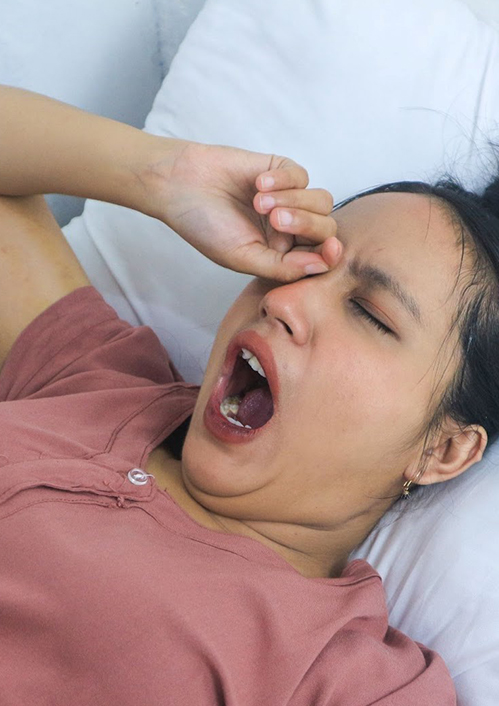
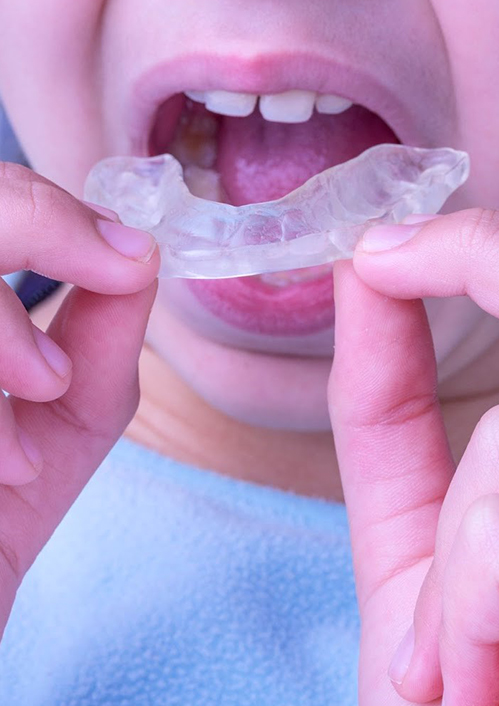
Snoring Solutions
At Cranbourne North Dental, we offer a range of effective solutions for managing snoring and related sleep issues.
Comprehensive Sleep Study
To be able to accurately identify and diagnose a sleep issue, it is crucial that a sleep study is conducted to evaluate patients’ sleep patterns and identify any other related issues. The findings from such studies can help guide the most appropriate treatment plan, ensuring a holistic approach to managing sleep-disordered breathing.
Mandibular Advancement Splint (MAS)
One of the most common and successful snoring treatments is the use of a mandibular advancement splint (MAS) or a “snoring mouth guard“. This custom-fitted mouthpiece for snoring works by gently repositioning the lower jaw and tongue to keep the airway open during sleep, significantly reducing or even eliminating snoring.
ENT Specialist
In more complex cases, where snoring is a symptom of a broader sleep disorder, a dentist may collaborate with other healthcare professionals. This could involve referrals to an ENT specialist, a sleep physician, or even an orthodontist, depending on the underlying cause. For example, if enlarged tonsils or nasal obstructions are contributing to snoring, an ENT might be consulted to explore further treatment options.
Take Control of Your Snoring and Improve Your Health!
Snoring is a common issue, but it’s important to remember that it is not normal and should be addressed promptly. Left untreated, snoring can lead to significant health problems, impacting everything from your heart health to your cognitive function. Fortunately, with the right care, you can take control of your snoring and improve both your sleep quality and overall well-being.
At Cranbourne North Dental, we’re here to help you identify and manage snoring effectively. Our experienced dentists will work with you to assess your needs, provide appropriate treatments like mandibular advancement splints, and, if necessary, collaborate with other health professionals to ensure comprehensive care.
Don’t let snoring disrupt your life any longer. Schedule a consultation today and take the first step towards better sleep and a healthier, happier you.
You can book a sleep consult with us online – by selecting the “Consult – Sleep / Snoring” option.
*Please note: All Sleep consults are currently performed by Dr Daniella Lim – however, all of our dentists are able to do an initial screening to determine if you are required to see Dr Daniella Lim.
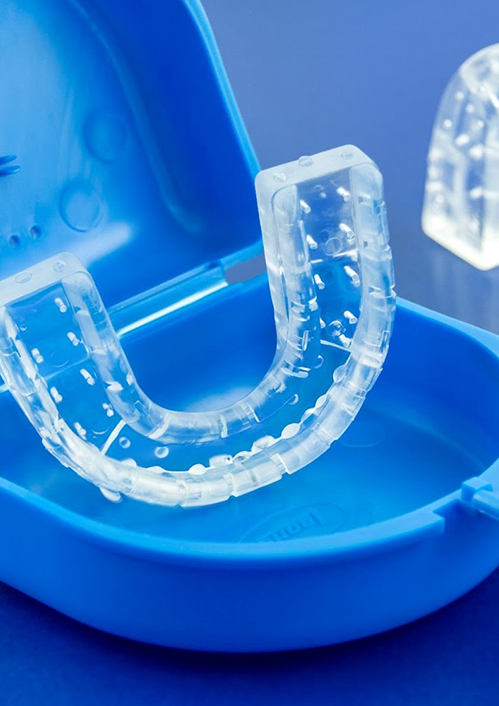
Contact Cranbourne North Dental For Snoring
If you’re struggling with snoring, Cranbourne North Dental can help. Our experienced team will assess your situation, identify the underlying cause, and provide personalised solutions to improve your oral health. Don’t let snoring affect your sleep — schedule a consultation with us today and take the first step towards better improved sleep.
Our Treatments
Frequently Asked Questions
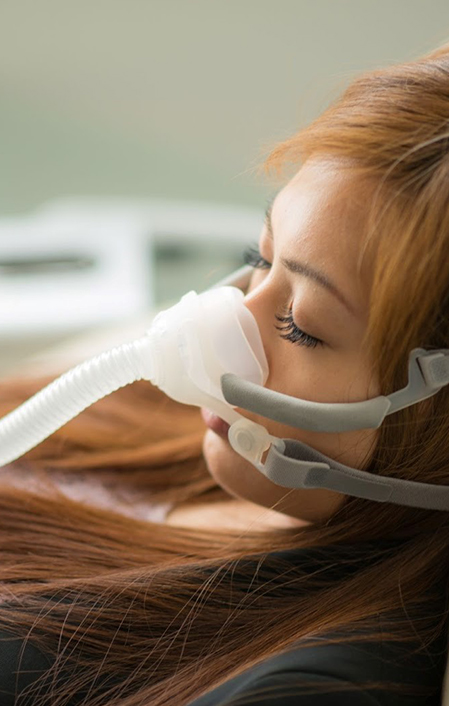
Does Snoring Mean Sleep Apnoea?
Not always. Snoring can be a symptom of sleep apnoea, but not everyone who snores has the condition. Sleep apnoea occurs when there are pauses in breathing during sleep, while snoring can happen without this disruption. If snoring is loud and accompanied by gasping or choking, it’s best to seek medical advice.
Does Vaping Cause Snoring?
Yes, vaping can contribute to snoring. Vaping irritates the airways and throat, leading to inflammation, which can narrow the airway and cause snoring. The chemicals in vape liquids can also increase mucus production, further worsening snoring.
Does a CPAP Machine Stop Snoring?
Yes, a CPAP machine can stop snoring for people with sleep apnoea. It works by delivering constant air pressure to keep the airways open during sleep, reducing or eliminating snoring. However, for snoring not related to sleep apnoea, other treatments may be more appropriate.


